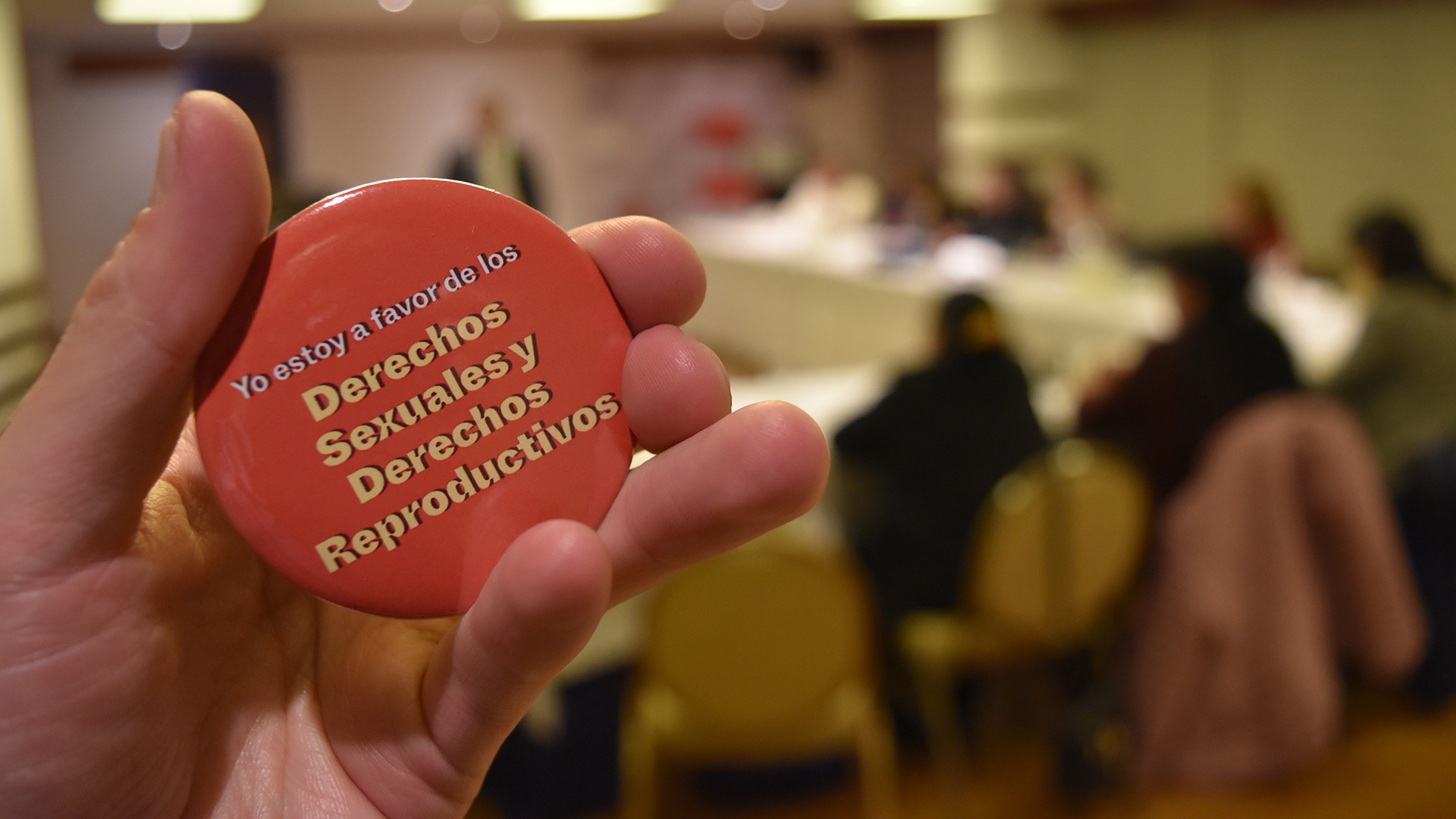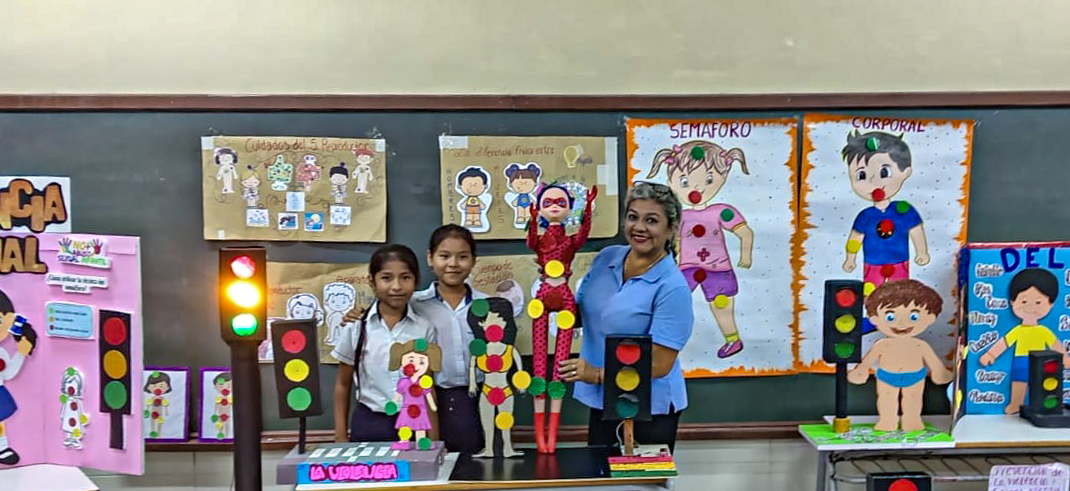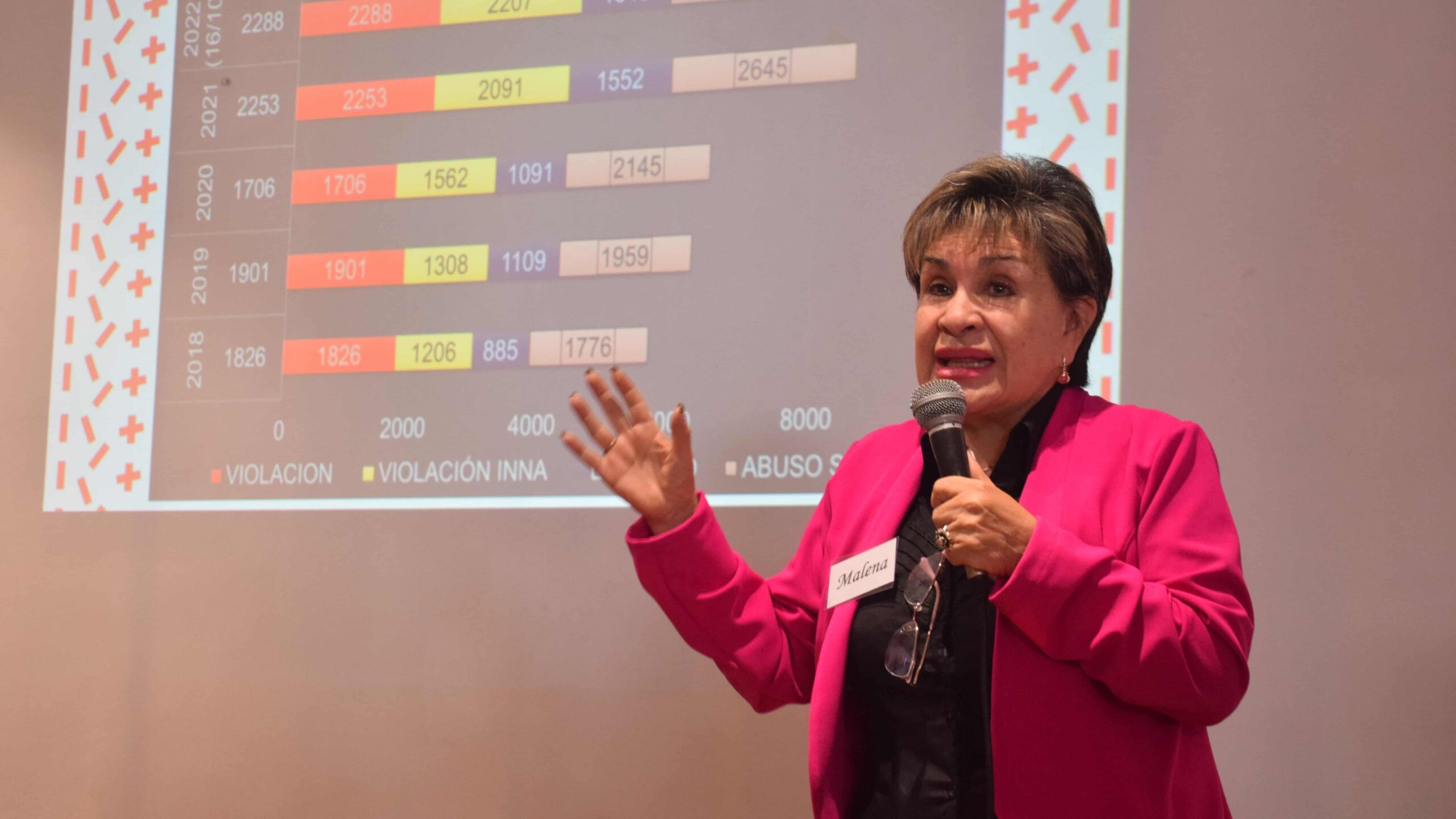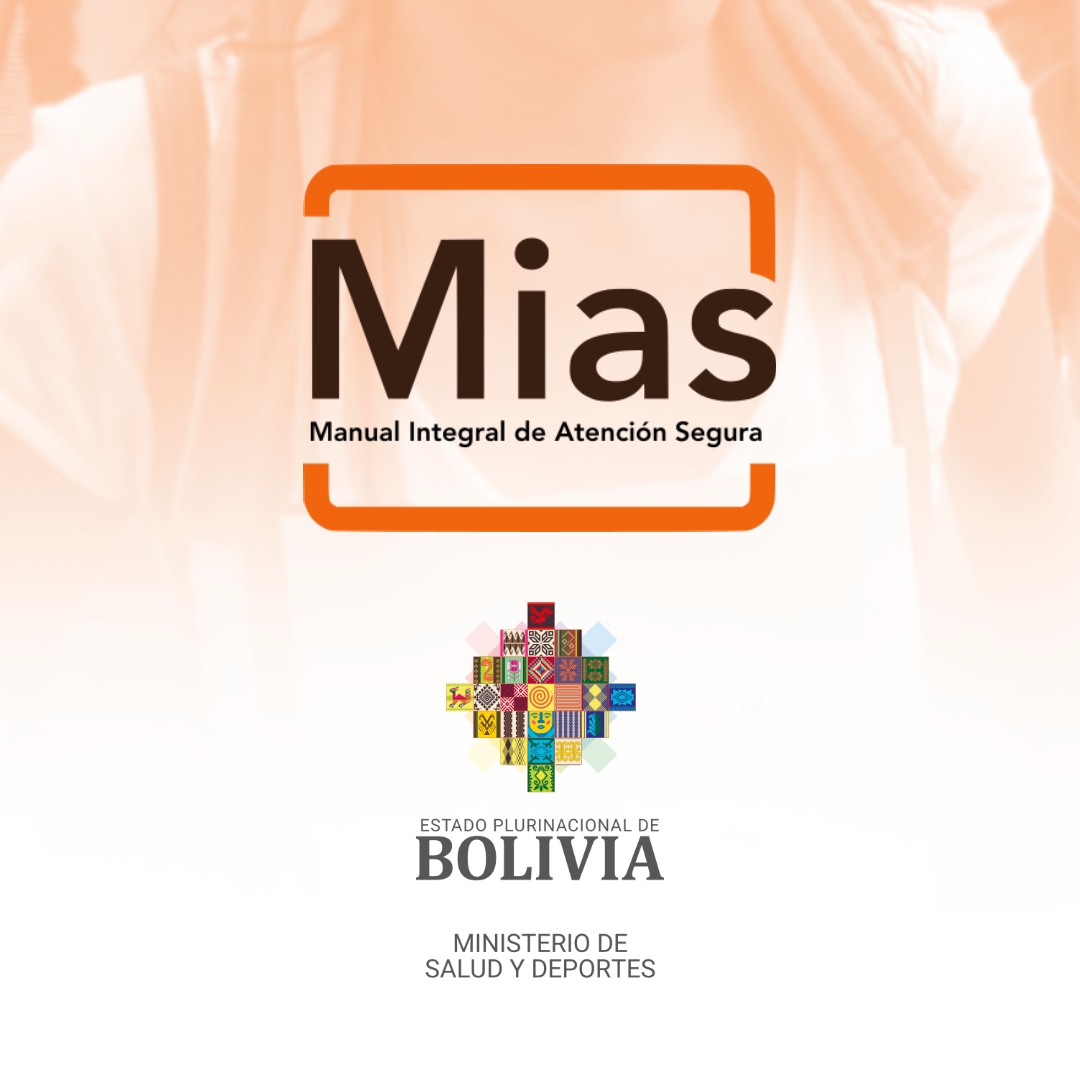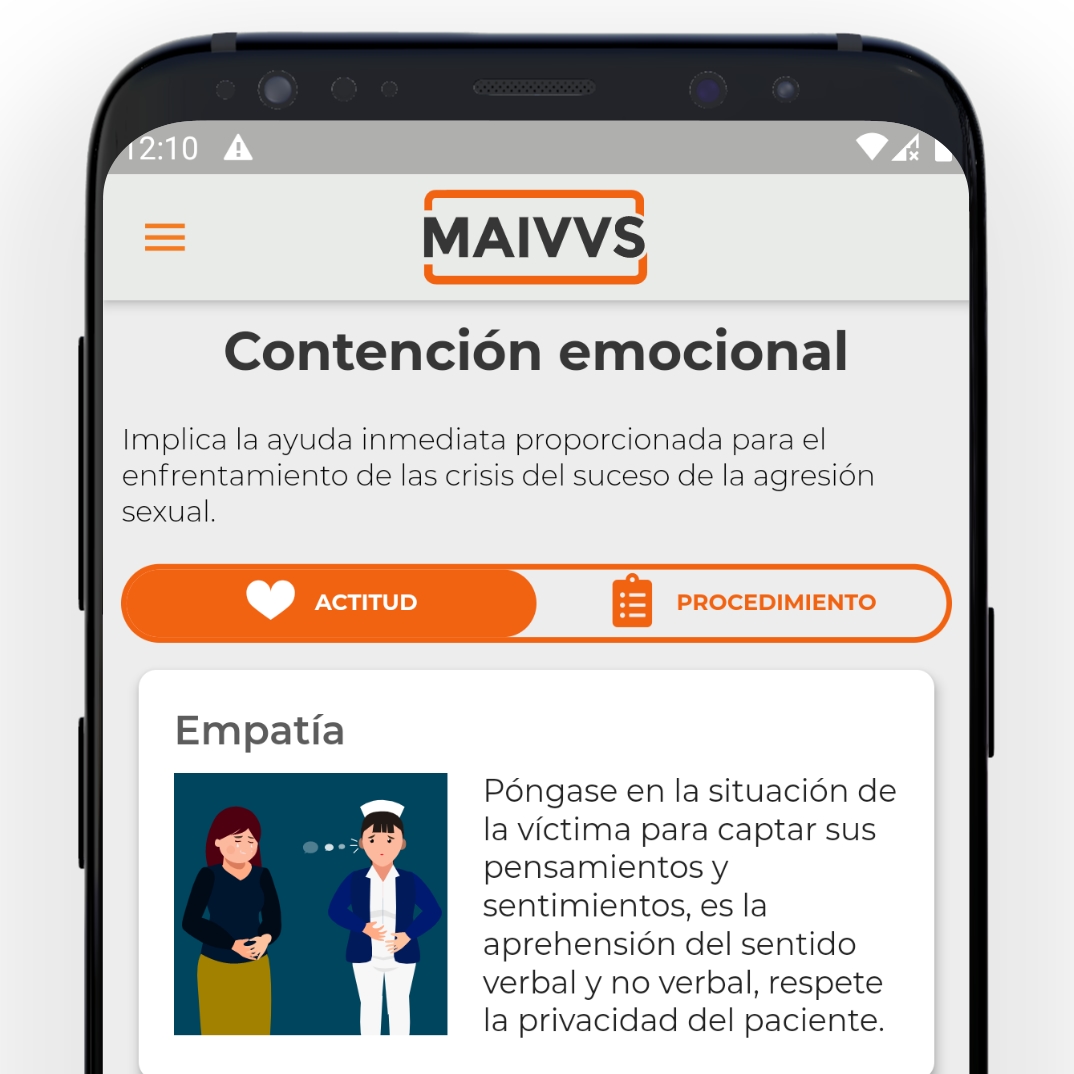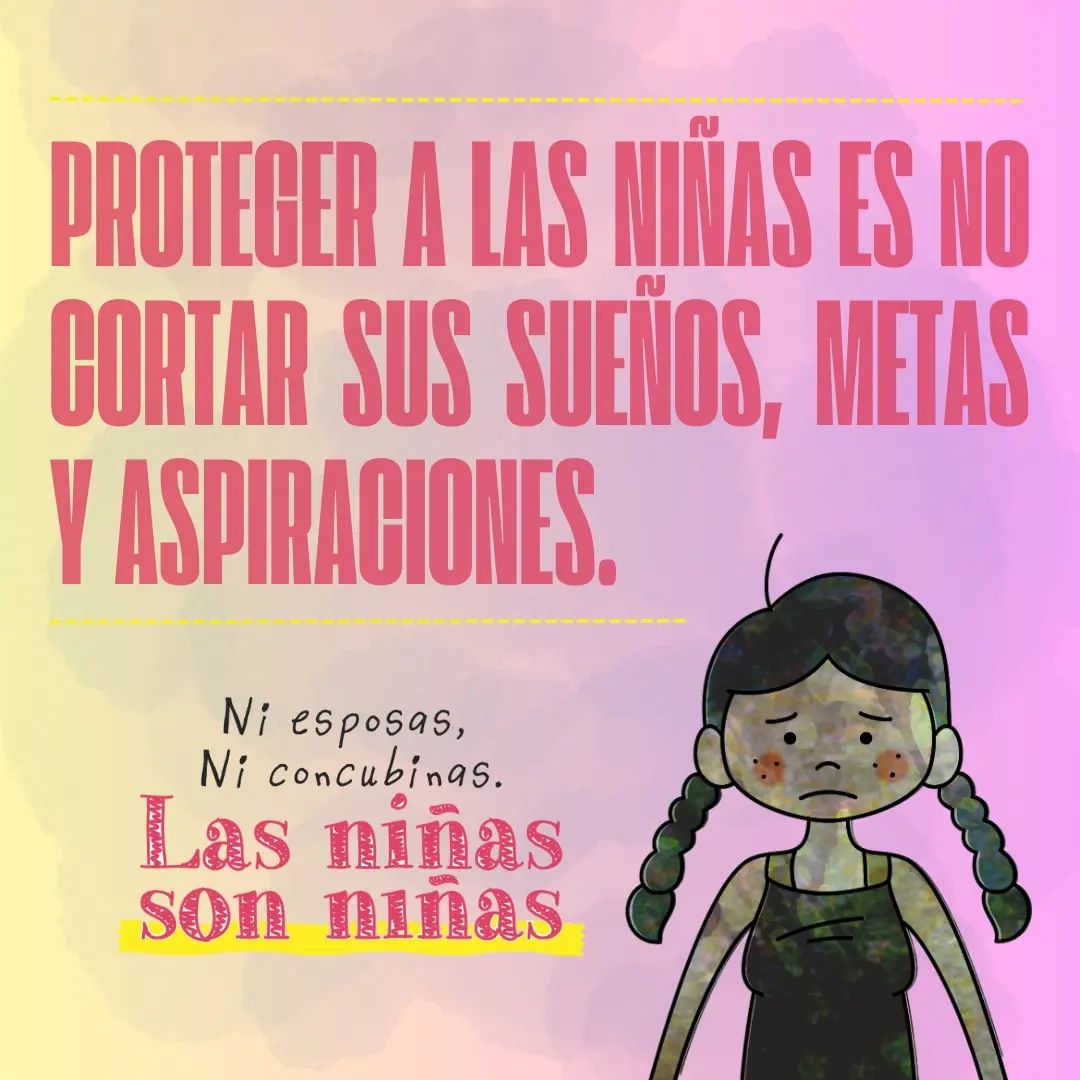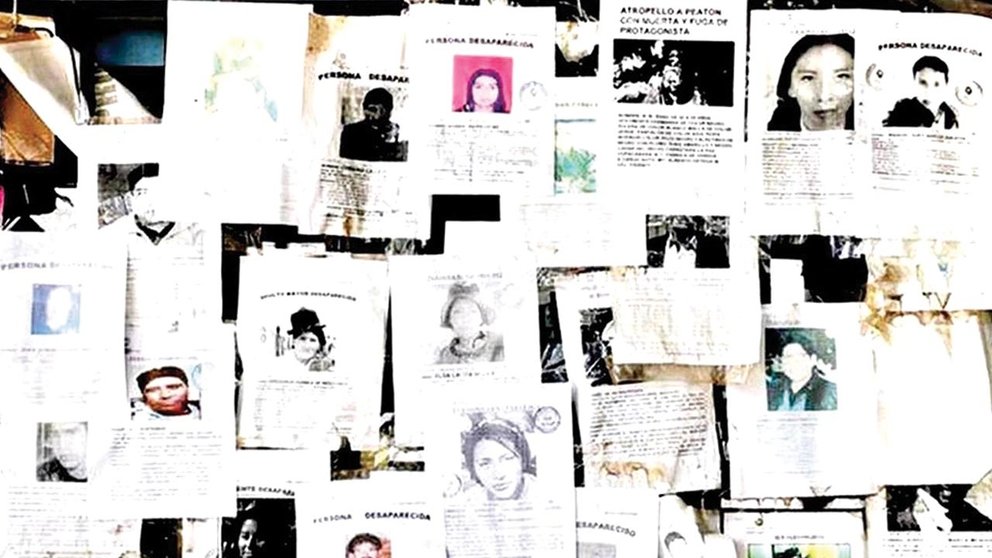Between January and October 2023, the Public Prosecutor’s Office reported 1,129 incidents related to the crimes contemplated in Law 263.
Bolivia registered more than 1,000 cases related to the Integral Law against Human Trafficking and Smuggling of Persons.
As long as the body of a person is not found, as in the case of Wilmer Alvin, the case is classified by the authorities as a crime of trafficking and smuggling.
A partial report from the Attorney General’s Office specifies that between January and October of this year, the authorities attended to 1,129 incidents of this type.
This figure, on average, is equivalent to at least three cases of trafficking and smuggling per day.
Disaggregating the figures of the Attorney General’s Office, it is evident that, of the 1,129 cases, 826 are of human trafficking and 43 of smuggling. They handle the events separately because there is a difference between the two crimes.
The Palermo Protocol defines trafficking in persons as: “the recruitment, transportation, transfer, harboring or receipt of persons, by means of the threat or use of force or other forms of coercion, of abduction, of fraud, of deception, of the abuse of power or of a position of vulnerability or of the giving or receiving of payments or benefits to achieve the consent of a person having control over another person, for the purpose of exploitation”.
Whereas trafficking is “the procurement, in order to obtain, directly or indirectly, a financial or other material benefit, of the illegal entry of a person into a State Party of which the person is not a national or a permanent resident”.
SITUATION
Daniela Cáceres García, Director of the Specialized Unit for Gender Violence and Juvenile Crimes, shared figures on the occasion of the World Day Against Human Trafficking, which is commemorated every July 30.
At that time, it issued a report in which it noted an increase in the number of such events in the country.
“Given the increase of cases, it is necessary to redouble our efforts and continue working to seek the historical truth of the facts, as well as to provide comprehensive protection to the victims. To respond as a State before the international organizations, that we are in the fight against Human Trafficking and Smuggling of Persons and Related Crimes, through the coordination, articulation and analysis carried out by the Specialized Prosecutors”, explained Cáceres.
According to partial data, up to July 2023, a total of 766 cases of Human Trafficking and Smuggling of Persons and Related Crimes were handled in the country, while in 2022 there were 522 cases in the same period, that is, there was an increase of 196 cases. All of them were handled within the framework of Law 263 (Integral Law Against Human Trafficking and Smuggling of Persons).
The highest prevalence of cases was in the department of La Paz with 405, followed by Santa Cruz 119, Cochabamba 105, Tarija 60, Oruro 31, Beni 22, Chuquisaca 13, Potosi 9 and Pando 2.
SECOND NATIONAL MEETING
In commemoration of the World Day to Combat Human Trafficking, Bolivia held a meeting that brought together prosecutors specializing in crimes of human trafficking and smuggling of persons from all departments of the country, as well as other actors that aim to build a proposal for institutional guidelines for a strategic and intelligent investigation of this type of crime and related crimes. The activity was supported by the International Organization for Migration (IOM).
They addressed relevant points such as the development of an Institutional Action Plan, the training of prosecutors specialized in crimes of Human Trafficking in the application of specific protocols or guides, as well as training in the operation of the Specialized Multidisciplinary Teams (EME). They also established inter-institutional coordination spaces with the Bolivian Police, Migration and others, to identify weaknesses in the investigations of this type of crime.
Bolivia has international allies in the fight against this crime
This year Argentina and Bolivia signed a Road Map with coordinated actions against human trafficking.
It is a Roadmap that establishes 35 coordinated actions in the fight against human trafficking, migrant smuggling and related crimes, to be deployed in the first instance between 2023 and 2024. The signing and execution of the instrument is part of the Regional Platform against Trafficking and Smuggling of Persons.
The operational director of the Executive Committee to Combat Trafficking and Exploitation of Persons and for the Protection and Assistance to Victims, Gustavo Vera, highlighted the work of the technical teams that made it possible to reach this important milestone in the bilateral actions to combat these crimes.
In addition, he described as fundamental the fact that the Ministries of Foreign Affairs can establish the appropriate channels of coordination, within the framework of the tasks that allow the protection and assistance of their nationals.
“It will be necessary that from this starting point binational technical tables are installed to manage effective actions focused on solving common problems in the prevention and fight against human trafficking,” he concluded.
On behalf of the Bolivian delegation, the Minister of Justice and Institutional Transparency of the Plurinational State of Bolivia and head of the Plurinational Council against Human Trafficking and Human Smuggling, Iván Lima, said: “we have always considered that it was essential to have the Road Map with Argentina (…) this Road Map contains binational activities that respond to the results and products that the teams have worked on in priority areas such as prevention, protection, reintegration, repatriation and criminal prosecution.) this Roadmap contains binational activities that respond to results and products that the teams have worked on in priority areas such as prevention, protection, reintegration, repatriation, prosecution, criminal sanction and planning in the fight against Human Trafficking and Migrant Smuggling, based on the 2015 agreement”.
As background, it should be noted that the Roadmap aims to operationally implement the framework agreement for the prevention and investigation of the crime of trafficking in persons and the assistance and protection of its victims signed by both countries in 2015 and ratified by the Plurinational Legislative Assembly in 2016. After the exchange of proposals made from 2018, consensus was reached on the construction of the Roadmap containing 35 actions approved by Bolivia and Argentina, the same that respond to the regulations of the two nations.

